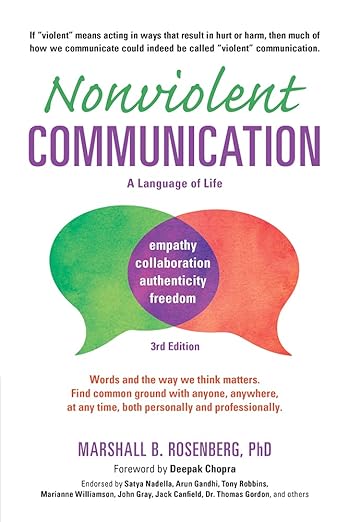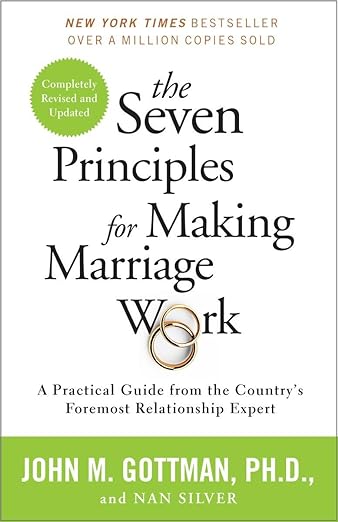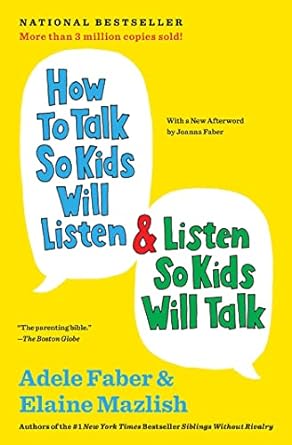
In his book, Marshall Rosenberg offers a methodology based on the principles of empathy and self-empathy, which helps improve the quality of relationships and resolve conflicts without violence. The method includes four key elements: observation, feeling, need, and request. Rosenberg teaches how to clearly distinguish between observations and personal evaluations or interpretations, which helps avoid unnecessary conflicts. He also emphasizes the importance of being aware of one's feelings and the associated needs, as well as the ability to express them clearly and constructively, without criticizing or blaming others. An important aspect of the book is the formulation of requests, not demands, which should promote mutual understanding and satisfaction of interests of both parties.
Rosenberg provides practical advice and examples that can be applied both in personal life and professional activities, making communication more open and effective.
Read on www.amazon.com
Based on years of research, John Gottman outlines seven key principles that make a marriage successful and lasting. The main focus of these principles is on strengthening the emotional connection and mutual understanding between partners. The principles include improving mutual knowledge, maintaining fondness and admiration, turning towards instead of away from one's partner, accepting the influence of the other, solving solvable problems, overcoming gridlocked conflicts, and creating shared meanings.
Gottman emphasizes not only solving emerging problems but also preventing conflicts by maintaining a positive atmosphere in relationships. The book contains many practical tips on how to apply each principle in practice, making it a useful guide for anyone looking to improve the quality of their romantic relationships.
Read on www.amazon.com
Gary Chapman explores the concept of five love languages that help people better understand the emotional needs of themselves and their loved ones. The languages include words of affirmation, quality time, receiving gifts, acts of service, and physical touch.
Understanding and accepting your partner's love language can radically improve relationships, as each person feels love differently. Chapman offers specific examples and advice on how to express love in the language that is best received by your partner, which deepens the emotional connection and strengthens the relationship.
Read on www.amazon.com
John Gray thoroughly analyzes the differences in communication and perception that often arise between men and women. He discusses how these differences can lead to misunderstandings and conflicts in relationships. Gray offers practical advice and strategies for improving communications and resolving conflicts.
Special attention is given to understanding how the emotional needs of each gender affect their behavior and responses. The book helps readers better understand their partners and find harmony in relationships, considering these differences.
Read on www.amazon.com
Adele Faber and Elaine Mazlish offer revolutionary communication methods with children that foster respectful and loving relationships. The authors teach how to properly respond to a child's feelings, encourage cooperation, replace punishment with disciplinary methods, strengthen a child's autonomy, and encourage their self-expression. They emphasize the importance of using encouragement instead of praise, which helps children see their own achievements and strengthen their self-esteem.
The book also contains a number of effective tools for resolving everyday conflicts and establishing communication, making interactions with children less stressful and more productive. These methods help raise responsible and independent children, supporting and developing their personal qualities.
Read on www.amazon.com